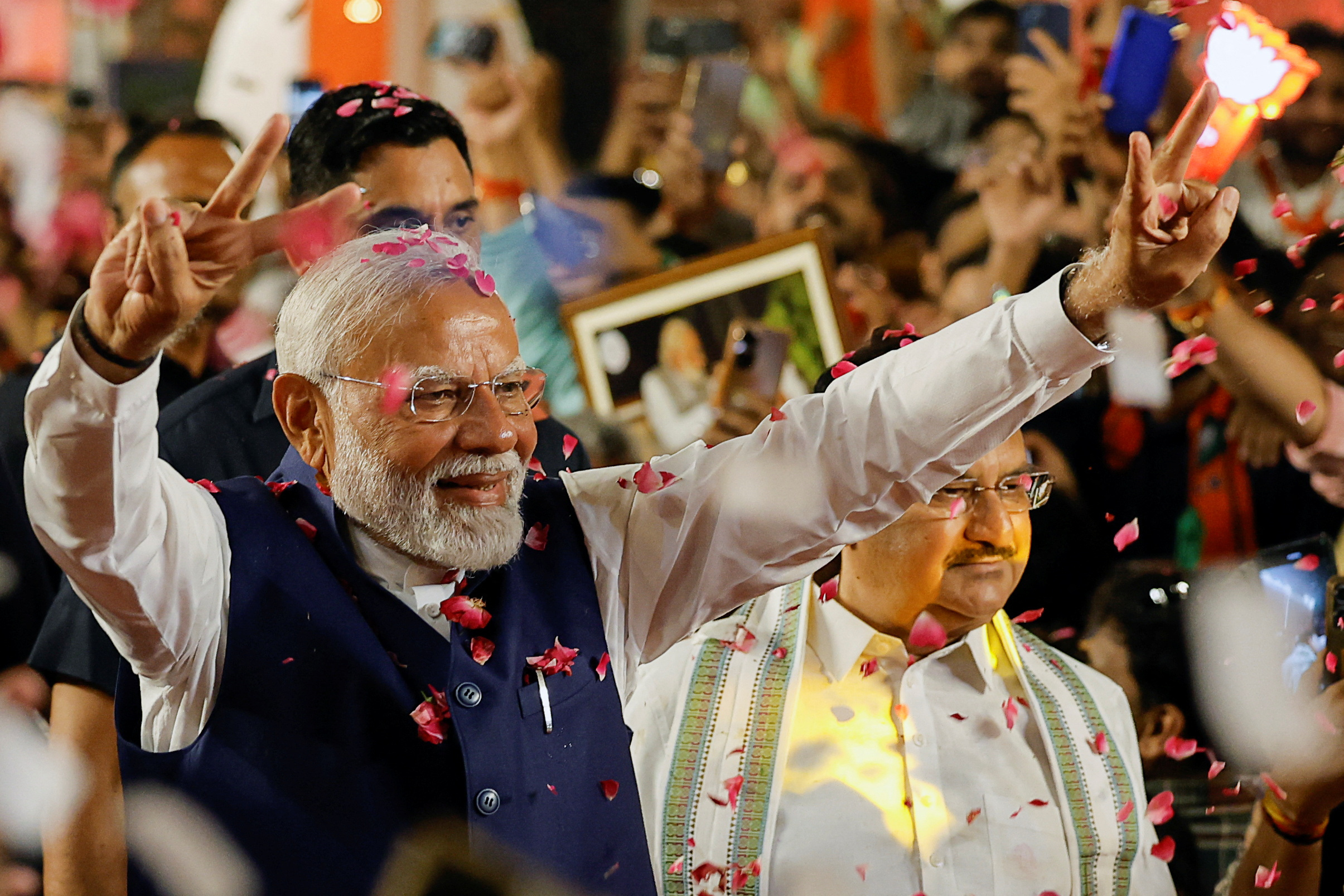Tuvalu is a small island nation located in the Pacific Ocean. Here is some information about its political system:
- Governance: Tuvalu is a parliamentary democracy and a constitutional monarchy. The country recognizes Queen Elizabeth II as its head of state, represented by a Governor-General. The Governor-General performs ceremonial duties, and executive power is exercised by the government of Tuvalu.
- Legislature: The Parliament of Tuvalu is the unicameral legislative body. It consists of 15 members, known as Members of Parliament (MPs), who are elected by the citizens of Tuvalu through general elections held every four years. The Speaker of the Parliament presides over its sessions.
- Political Parties: While political parties exist in Tuvalu, the country’s political landscape is generally nonpartisan. MPs often campaign as independent candidates rather than representing specific political parties. The political environment in Tuvalu is characterized by close-knit communities and personal connections, which influence political dynamics.
- Elections: General elections in Tuvalu are held every four years to elect members of parliament. Voting is conducted based on a first-past-the-post system, where the candidate with the highest number of votes in each constituency wins the seat. Elections in Tuvalu are generally peaceful and reflect the democratic principles of the country.
- Local Government: Tuvalu is divided into nine islands, each with its own council responsible for local governance and administration. The local councils play a crucial role in managing local affairs and delivering services to their respective communities.
- International Relations: Tuvalu is an active member of the United Nations (UN) and other international organizations. As a small island nation, Tuvalu often advocates for climate change mitigation and adaptation, given its vulnerability to rising sea levels and other climate-related challenges. The country also participates in regional and international forums, where it raises concerns and promotes the interests of small island states.
- Economy and Development: Tuvalu’s economy is primarily based on fishing, subsistence agriculture, remittances, and aid. The country faces challenges related to limited natural resources, isolation, and its vulnerability to climate change. Tuvalu receives international assistance and support for development projects and initiatives.
It’s important to note that Tuvalu’s political system is unique, reflecting its small size, geographical isolation, and cultural context. The country faces various socio-economic and environmental challenges, and its political landscape is influenced by close-knit communities and traditional values.



